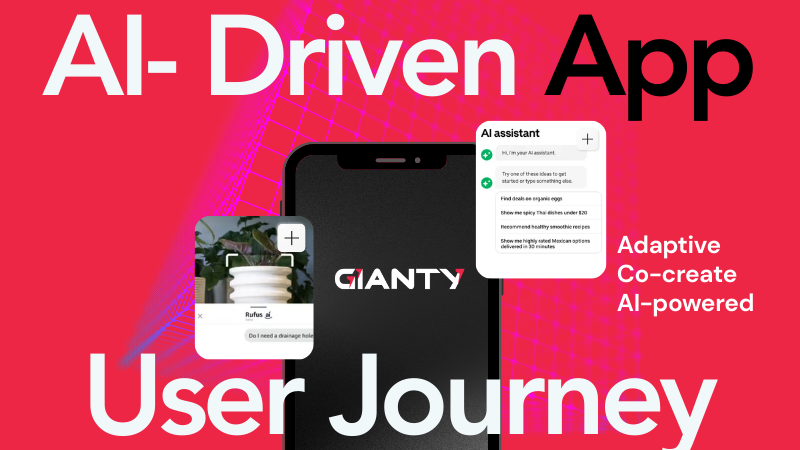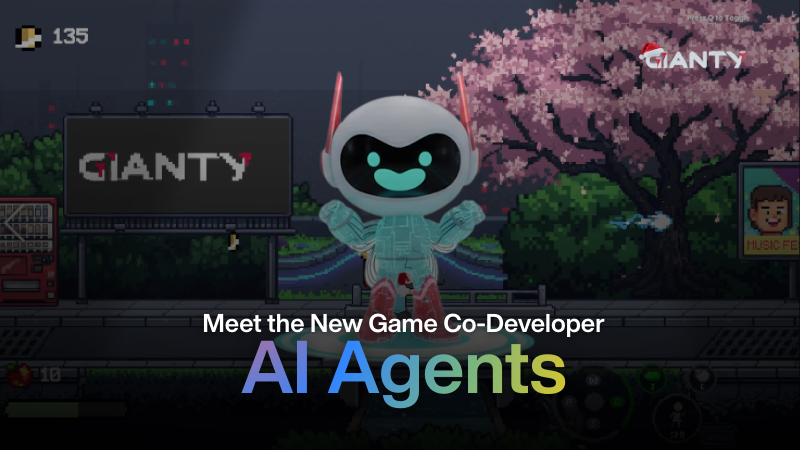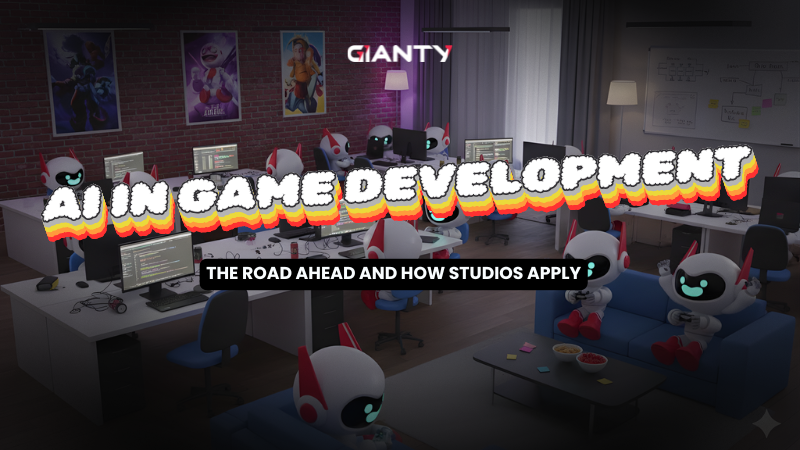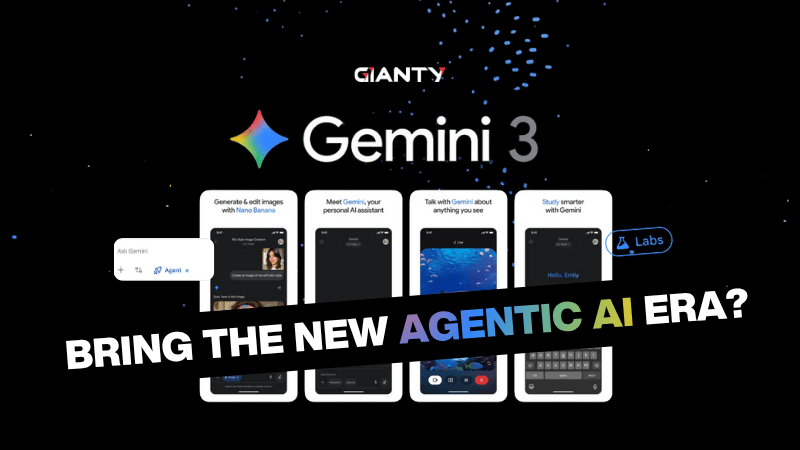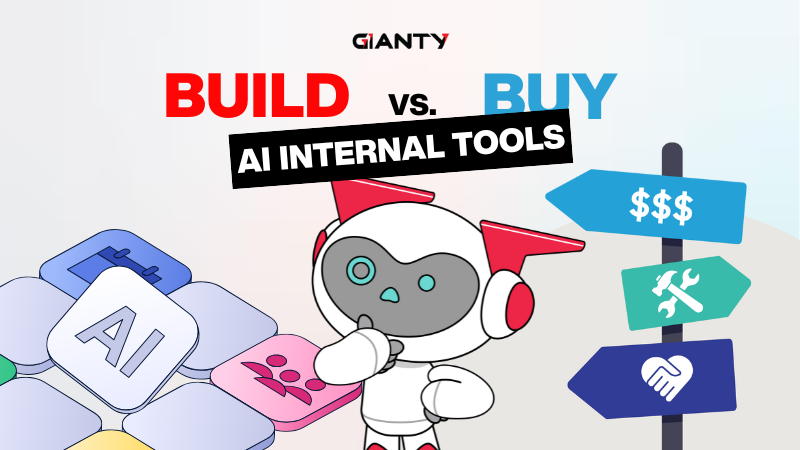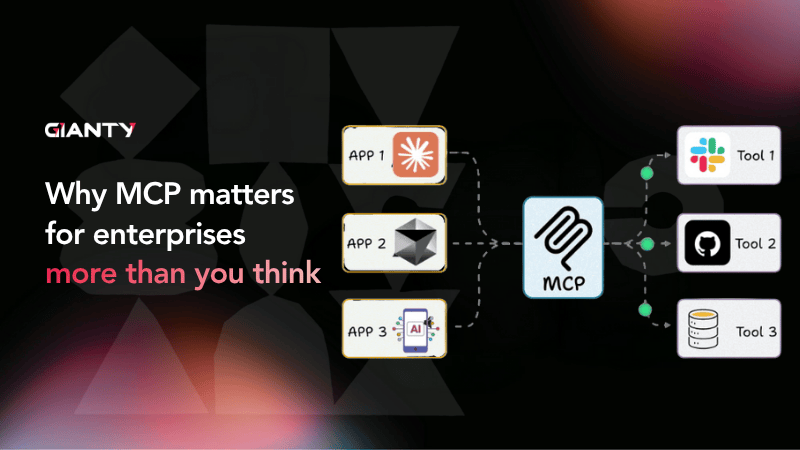Windsurf took center stage in July 2025, as a behind-the-scenes battle between three AI giants—Google, OpenAI, and Cognition AI—ended in a billion-dollar split of one of the world’s most talked-about startups.

Windsurf CEO Varun Mohan, co-founder Douglas Chen, and some members of the coding tool’s research and development team will join Google’s DeepMind AI division, this deal is sparking heated industry debate.
But is this just about hiring the best minds? Or does Google see something bigger – something transformative in Windsurf AI‘s vision that rivals like OpenAI and Meta may have overlooked? The AI race is no longer just about model size or training scale. It’s about smart architecture, strategic execution, and exceptional teams.
From research communities to developer forums, and even inside fast-growing AI development companies like GIANTY, the question isn’t just why Google made the move but what it means for the future of AI innovation.
Key Summary
As reported by Tech Funding News, Windsurf AI became the center of a three-way deal involving the industry’s biggest players:
- Google brought in the Windsurf CEO and core team through a $2.4 billion acquihire deal focused on AI agents.
- Cognition AI, maker of the coding agent Devin, acquired the rest: coding platform, brand, and data to boost its developer-focused AI tools.
- OpenAI, despite leading early talks, lost out after Microsoft reportedly objected to IP being controlled by a competitor. The deal collapsed, leaving OpenAI empty-handed.
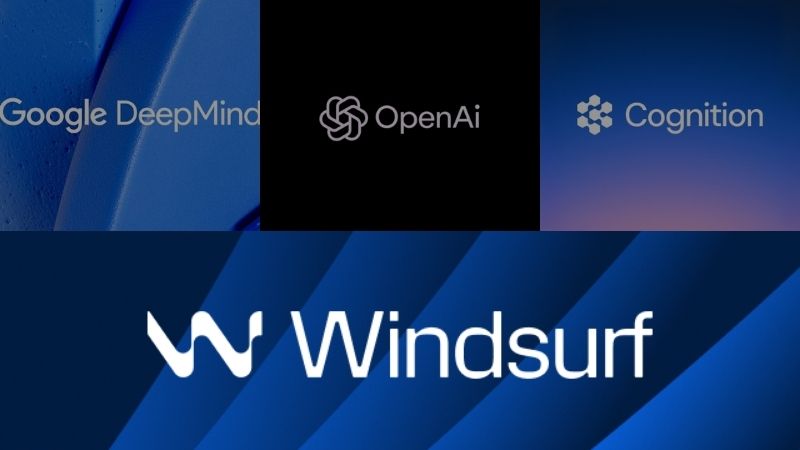
Why $2.4 Billion from Google for Windsurf’s Acquihire?
Windsurf operates in the fast-growing field of AI code generation, which has become one of the hottest and most rapidly advancing applications of artificial intelligence today.
What makes the Windsurf CEO’s migration notable isn’t just the price tag, though $2.4 billion is eyebrow-raising for an acquihire, but the implications.
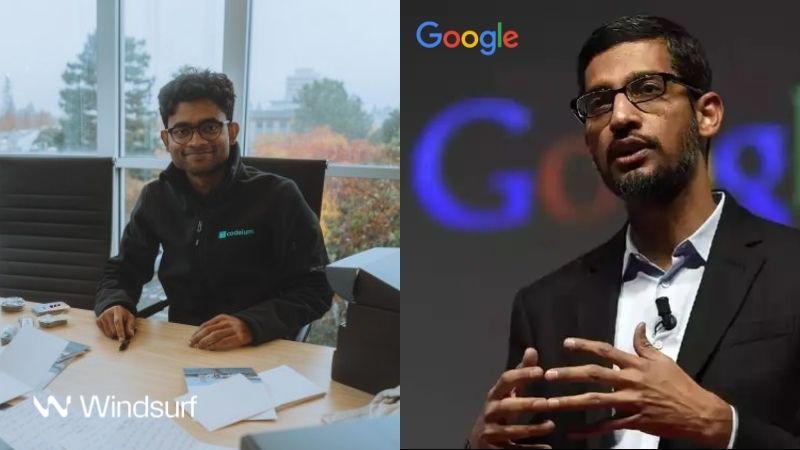
For $2.4 billion, Google gained:
- Access to Windsurf’s top researchers and system architects
- A license to its core technologies and internal frameworks
- No equity stake or operational control over the remaining company
This points to a clear trend: AI’s value is shifting from models to minds. The war for talent is no longer just about devs and data scientists – it’s about thinkers who can design the next leap in agentic, reliable, and embodied AI.
Cognition’s next play: Building with what Google didn’t take from Windsurf
While Google took the people, Cognition AI claimed the tools and the remaining team, once expected to fall into chaos after their leadership’s exit. One of the most critical outcomes was the restoration of access to Anthropic’s Claude models after OpenAI exited, restoring a key integration and boosting competitiveness.
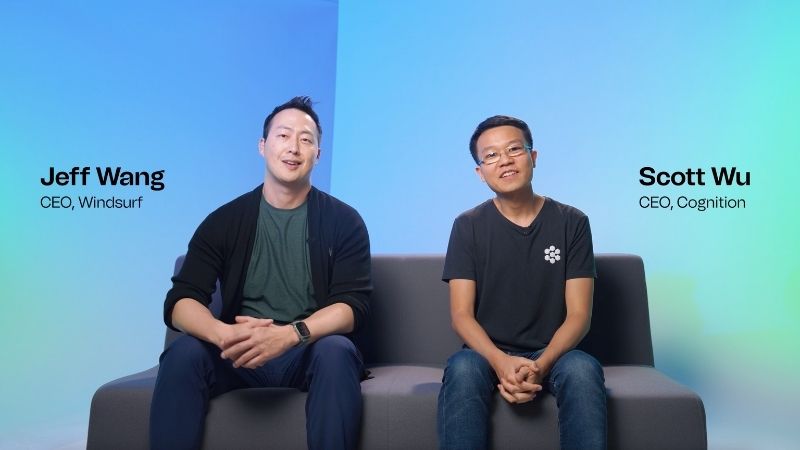
By acquiring Windsurf’s IDE and detailed developer behavior data, Cognition significantly strengthened its Devin AI assistant, making it smarter at:
- Understanding how real developers code
- Debugging and refactoring in real-time
- Learning from context beyond simple prompt inputs
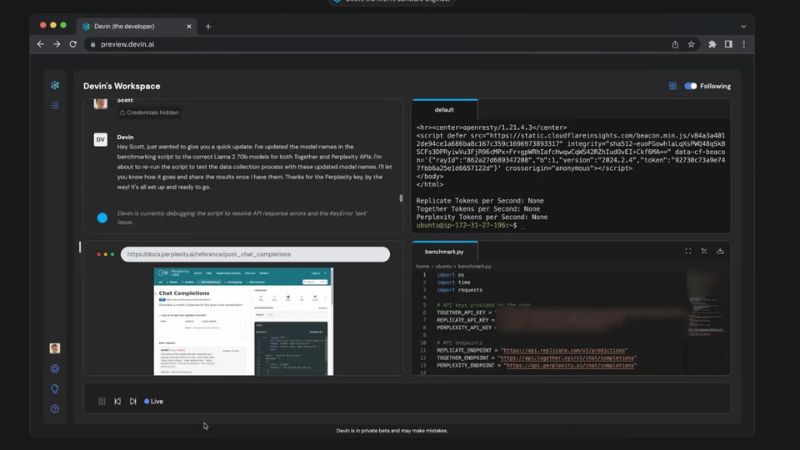
For AI models attempting to emulate the behavior of real developers, this type of high-fidelity behavioral data is a game-changer. Turns out, taking what your rival left behind isn’t always a bad move. Cognition may prove to be the giant that knows exactly when to move and what to move on.
Why OpenAI’s $3 Billion Deal Missed?
OpenAI was in talks with Windsurf before Google swooped in. The failed OpenAI acquisition shows how volatile and high-stakes the AI talent race has become. Windsurf chose Google, possibly due to more long-term research freedom.
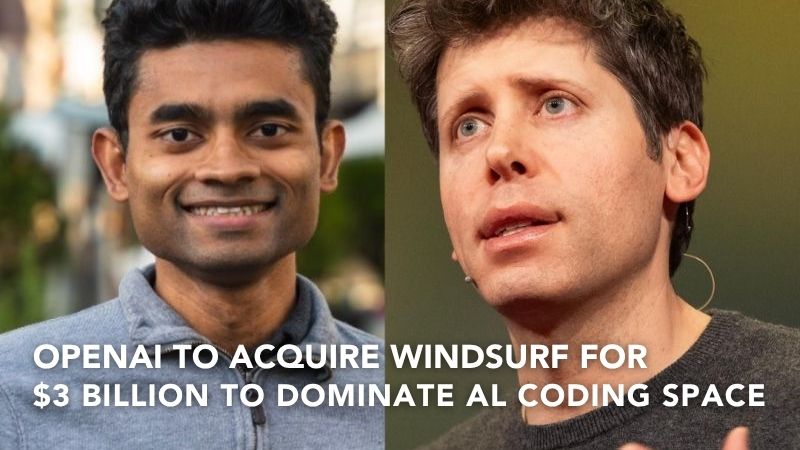
While OpenAI hesitated, Windsurf slipped through OpenAI’s fingers. What was meant to be OpenAI’s next big win became a cautionary tale: even the most powerful players can lose the game when they pause too long at the finish line.
GIANTY’s Thoughts: What Comes After the Surf?
Google’s acquihire of Windsurf isn’t just a story of money and headhunting. It’s a snapshot of where AI is heading
Modular, agent-based AI is the next frontier: At GIANTY, we’ve seen growing demand for AI systems that aren’t just large language models, but autonomous agents that can reason, act, and optimize within business workflows – whether it’s invoice processing or multilingual customer service bots.
Talent is the new infrastructure: Windsurf’s case proves a truth we often encounter when supporting AI teams: the real moat isn’t in models alone, but in how you design, iterate, and deploy them. The Windsurf AI team brought strong architecture thinking – something we prioritize in our AI implementation playbooks.
Strategic acquihires aren’t just for Big Tech: GIANTY advises growing AI teams and startups to consider acquihire-style partnerships. Midsize firms in Asia, especially, can benefit by aligning with enterprise integrators or research groups rather than competing solo.
At GIANTY, this moment only confirms what we’ve long believed: the future of AI won’t be won by those who build the biggest models, but by those who build the smartest systems. Explore more AI insights with us here!



